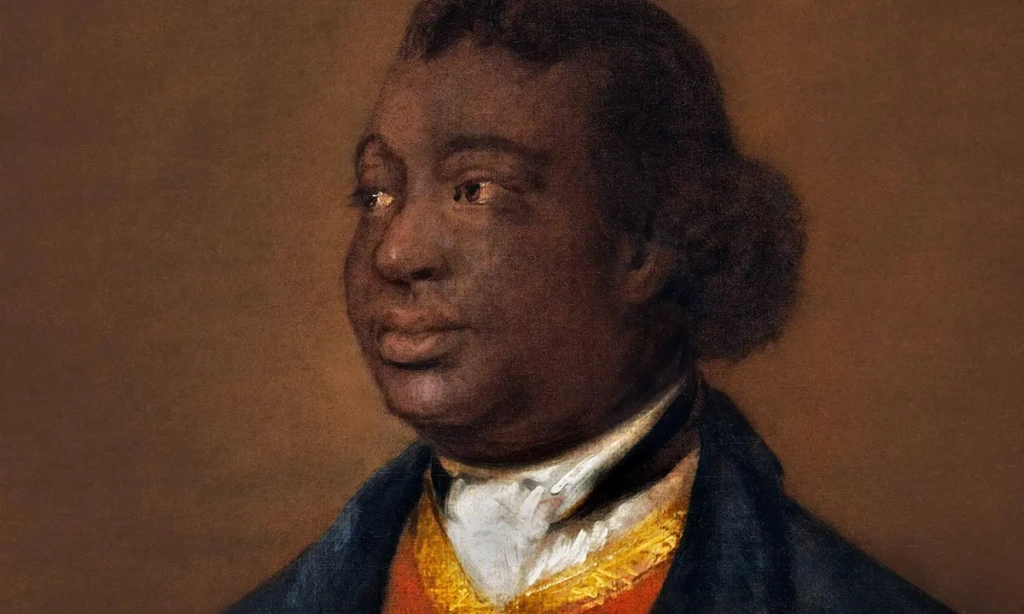The history of black people in Europe is often overlooked, but their presence on the continent dates back to ancient times and their contributions to European society and culture have been significant and enduring.
One of the earliest recorded instances of black people in Europe was in the Roman Empire, where they were brought as slaves from Africa and the Middle East to work as farm laborers, artisans, and soldiers. In the 15th and 16th centuries, during the Age of Exploration, Portuguese colonizers brought black slaves with them to work on plantations and in mines in the Americas and Africa. These slaves were often treated brutally and were not afforded the same rights as their white counterparts.
Estebanico

Despite the harsh treatment they faced, some black people were able to rise above their circumstances and make significant contributions to European society. One of the most notable examples of this is Estebanico, a black man who accompanied the Spanish conquistador Panfilo de Narvaez on his expedition to Florida in 1527, becoming the first black person to set foot in what is now the United States. Estebanico’s bravery and resourcefulness helped the expedition survive in the face of extreme hardship and his legacy has been largely overlooked in the history of European exploration.
Olaudah Equiano

Another black person who made significant contributions to European society is Olaudah Equiano, a former slave who became a prominent abolitionist in the late 18th century. Equiano traveled throughout Europe and wrote an influential memoir about his experiences as a slave, which helped to raise awareness about the horrors of the slave trade and galvanize support for abolition. He also worked as an agent for the Granville Sharp, a leading abolitionist in England, and played a key role in the movement to end slavery in the British Empire.
Born in what is now Nigeria in 1745, Equiano was captured and sold into slavery at a young age. He was transported to the “New World”, where he was sold to a plantation owner in Virginia. In 1766, Equiano was purchased by a British naval officer and taken to England, where he eventually gained his freedom and became a prominent abolitionist.
Equiano’s experiences as a slave and his journey to freedom are chronicled in his influential memoir, “The Interesting Narrative of the Life of Olaudah Equiano, or Gustavus Vassa, the African,” which was published in 1789. In the book, Equiano describes in vivid detail the horrors of the slave trade and the dehumanizing treatment that he and other slaves endured. The book was widely read and helped to raise awareness about the injustices of the slave trade, and it played a key role in the movement to abolish slavery in the British Empire.
After gaining his freedom, Equiano became an active member of the abolitionist movement in Britain. He traveled throughout Europe, speaking out against the slave trade and advocating for the rights of black people. He also worked as an agent for the Granville Sharp, a leading abolitionist in England, and played a key role in the movement to end slavery in the British Empire. In addition to his work as na abolitionist, Equiano was also a successful businessman and an active member of the London literary scene.
Ignatius Sancho

Another black person who made important contributions to European society is Ignatius Sancho, an African man who was brought to Europe as a slave and later became a respected writer and abolitionist in 18th century England. Sancho was the first black man to vote in a British election and his letters and essays about race and slavery were widely read and respected in his lifetime. He used his platform to advocate for the rights of black people and to speak out against the injustices they faced.
The influence of black people in Europe during the Middle Ages extended beyond the contributions of individual individuals like Estebanico, Equiano, and Sancho. The African diaspora in Europe brought with it a rich cultural heritage that influenced various aspects of European society and culture. For example, the spread of Islam throughout Africa and the Middle East in the 7th and 8th centuries brought with it a wealth of knowledge and cultural practices that were embraced by many Europeans. The Moors, a group of Muslim inhabitants of the Iberian Peninsula, made important contributions to science, mathematics, and literature, and their influence can still be seen in the architecture and cultural traditions of Spain and Portugal today.
In addition to the cultural influence of the African diaspora, the transatlantic slave trade also had a profound economic impact on Europe. The trade of African slaves provided a cheap source of labor for European colonizers, and the wealth generated by the slave trade helped to fuel the industrialization of Europe. The slave trade also had a profound impact on the economies of African states, as many were stripped of their most valuable resource: human labor.
Despite the significant role that black people have played in European history, their contributions are often overlooked and their history is not well-known. It is important to recognize and celebrate the achievements and contributions of black people in Europe, and to acknowledge the struggles and hardships they have faced throughout history.










